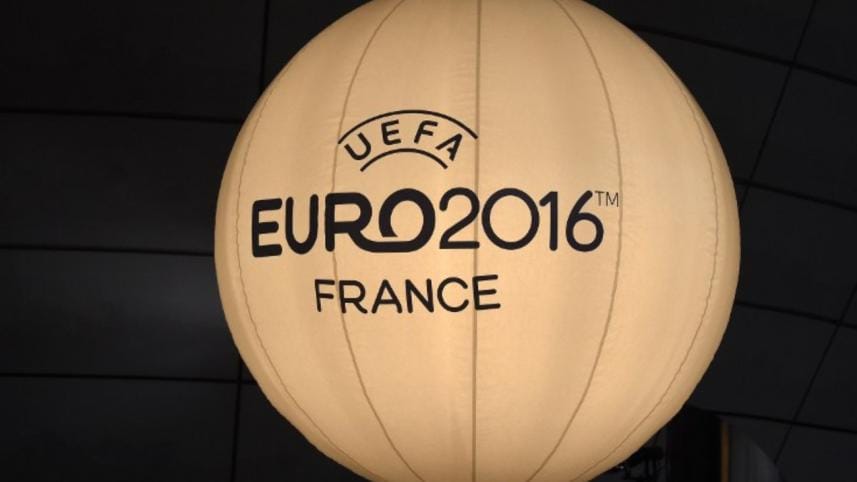From acorns to oaks

With the Champions League over, football fans will now shift their focus on the UEFA European Championship, one of the world's biggest sporting events.
The quadrennial football extravaganza involving the best of Europe is the third most viewed global event after the FIFA World Cup and the Olympics with a viewership of over 300 million when it was last staged four years ago in Poland and Ukraine.
France will host the 15th edition of the showpiece event that started its journey way back in 1960. Interestingly, the idea of a European championship was mooted in France in the 1950s.
At the time that UEFA was born, in 1954, the impetus for a European championship was coming from the distinguished French sports newspaper L'Equipe, which proposed a competition with home-and-away matches to be played midweek during the evening.
Adding to the French drive for such a tournament was Henri Delaunay, first UEFA general secretary and former French national association general secretary, who proposed FIFA to run concurrently with the World Cup, which would involve a qualifying competition every two years.
Delaunay insisted that this competition should not lead to an infinite number of matches. Nor should it harm the World Cup, and participants should not always be forced to meet the same opponents in the same group.
Following Delaunay's death in 1955, his son Pierre joined the French journalists in the drive towards initiating the European Nations' Cup. Pierre Delaunay was subsequently appointed secretary of the European Nations' Cup organising committee, and was therefore able to observe at close quarters the blossoming of the competition that his father had wanted.
After an agreement had been reached that the championship would be founded, the new competition was named the Henri Delaunay Cup in recognition of his outstanding services in the cause of European football.
The inaugural tournament was entered by around half of UEFA's member associations, 17 in total, and one more than the minimum required. The first proper championship match was held on 28 September 1958 in Moscow's Central Stadium – the Soviet Union beating Hungary 3-1, with the home side's Anatoli Ilyin scoring the first goal after four minutes – and the inaugural competition took place over 22 months between 1958 and 1960. From small acorns do great oaks rise.
The UEFA flagship event which had four teams in the inaugural edition, turned to an eight-team event in 1980, increased to a 16-team meet in 1996.
This edition will feature 24 teams in six groups of four. Besides, when the tournament kicks-off on June 10, Spain's most decorated coach Vicente del Bosque, who became the first manager in history to lead sides to glory in the UEFA European Championship, FIFA World Cup and the European Cup, will perhaps get one last chance to atone for a disastrous 2014 World Cup with the golden generation of tiki-taka football.



 For all latest news, follow The Daily Star's Google News channel.
For all latest news, follow The Daily Star's Google News channel.
Comments